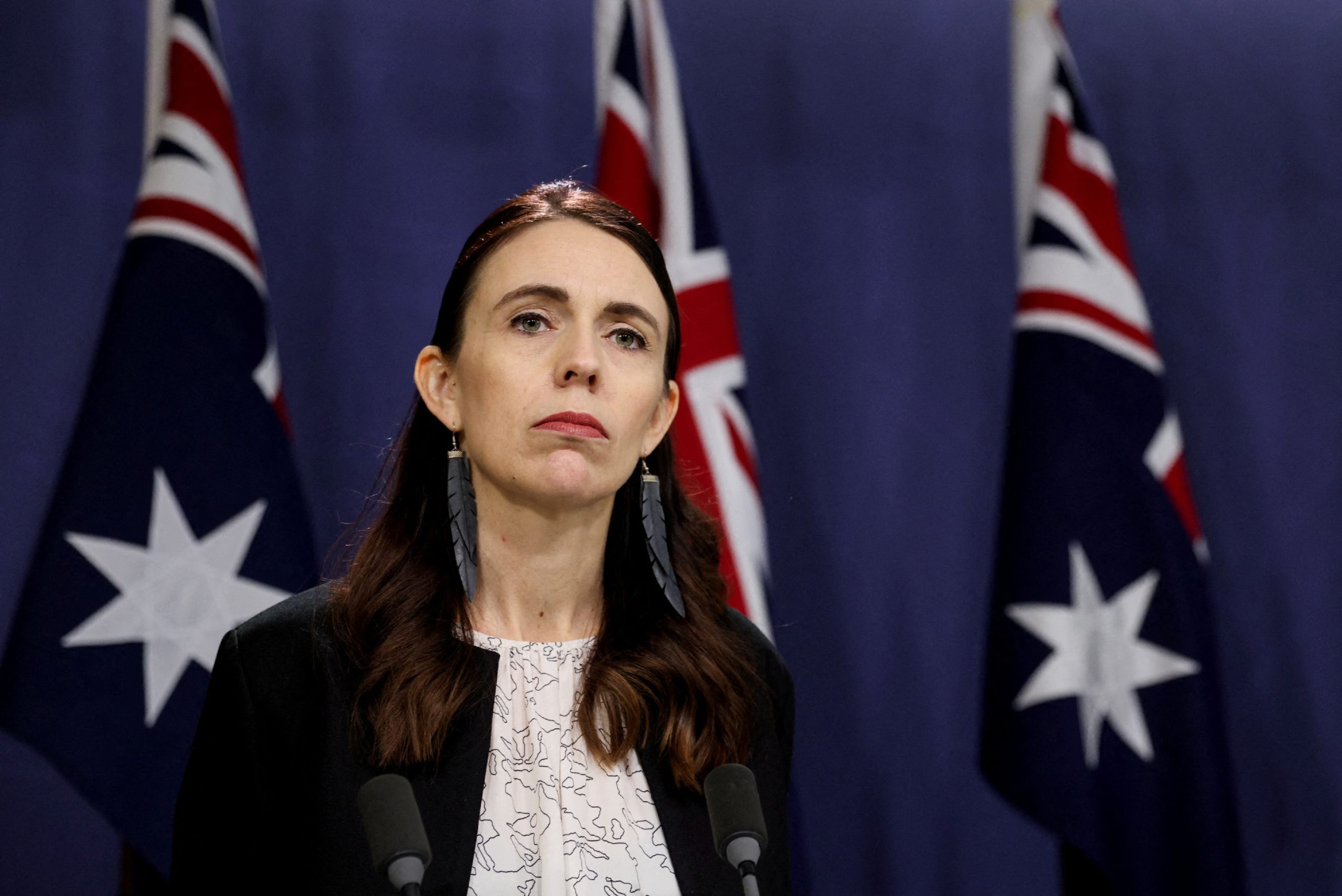
[elfsight_social_share_buttons id=”1″]
New Zealand Prime Minister Jacinda Ardern on Thursday made the shocking announcement that she had “no more in the tank” to lead the country and would step down and not seek re-election.
Ardern, holding back tears, said it had been a tough five and a half years as prime minister and that she was only human and needed to step aside.
“I had hoped to find a way to prepare for not just another year, but another term — because that is what this year requires. I have not been able to do that,” Ardern, 42, told a news conference.
“I know there will be much discussion in the aftermath of this decision as to what the so-called ‘real’ reason was … The only interesting angle you will find is that after going on six years of some big challenges, that I am human,” she continued.
“Politicians are human. We give all that we can, for as long as we can, and then it’s time. And for me, it’s time.”
Ardern burst onto the global scene in 2017 when she became the world’s youngest female head of government at age 37.
Riding a wave of “Jacinda-mania”, she campaigned passionately for women’s rights, and an end to child poverty, and economic inequality in the country.
Tributes poured in after Ardern’s announcement, even though her popularity has dipped and support for her party has fallen.
World leaders voiced appreciation for Ardern, who became one of the most recognizable global figures through the COVID-19 pandemic and after mass shootings at two mosques in 2019.
Canadian Prime Minister Justin Trudeau said: “The difference you have made is immeasurable.”
Dutch Prime Minister Mark Rutte said they had exchanged text messages on Thursday, adding: “I believe that she is a formidable leader, in New Zealand, but also in the region, and in the U.N..”
While noting how she understood Ardern’s point in stepping down, European Central Bank President Christine Lagarde said: I think she is a brilliant leader and she is a very courageous woman.”
‘ORWELLIAN RHETORIC’
Ardern received loads of criticism for her COVID-19 pandemic responses, however. New Zealand became known as one of the heaviest-handed nations in the world when it came to pandemic mandates, lockdowns, censorship, and even forced quarantines.
She once even went so far as to tell the people of her nation to dismiss everything they hear about COVID that doesn’t come from the government.
“We will continue to be your single source of truth,” Ardern said. “Unless you hear it from us, it is not the truth.”
Many New Zealanders had taken to the street in protest of her actions. Those people celebrated the news Thursday.
Congratulations to all the New Zealanders that fought against Jacinda Ardern’s dictatorship… she will resign as the most unpopular leader in modern history
RESIST 🔥🔥🔥 pic.twitter.com/CLNey16iYH
— Pelham (@Resist_05) January 19, 2023
NEXT LEADER
A ruling New Zealand Labour Party vote for a new leader will take place on Sunday. The party leader will be the prime minister until the next general election. Ardern’s term as leader will conclude no later than Feb. 7 and a national election will be held on Oct. 14.
Ardern said she believed Labour would win the vote.
New Zealand Deputy Prime Minister Grant Robertson, who also serves as finance minister, said in a statement he would not seek to stand as the next Labour leader.
Ardern’s successor as party leader and prime minister faces a stern test, with support for Labour falling and the country expected to go into a recession next quarter.
A 1News-Kantar poll released in December had Labour polling at 33%, down from 40% at the start of 2022. That means that even with traditional coalition partner the Green Party, polling at 9%, Labour could not hold a majority.
Commentators point to several of Ardern’s ministers as possibilities for the role, including the former COVID minister and current Minister of Education and Police Chris Hipkins and current Minister of Justice Kiri Allen.
